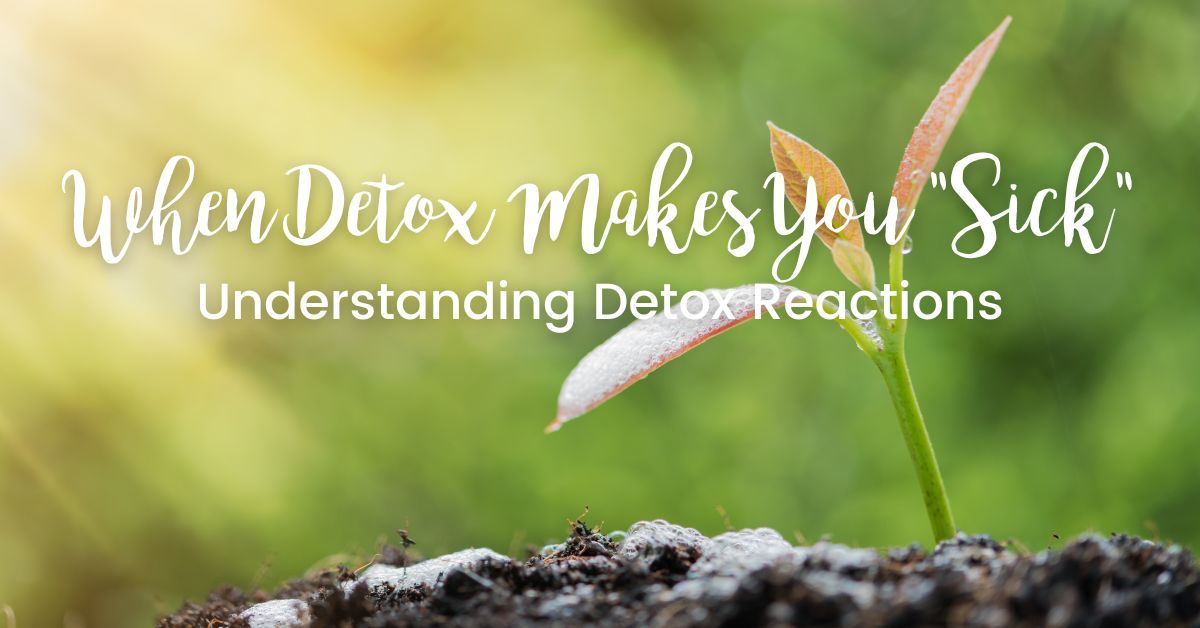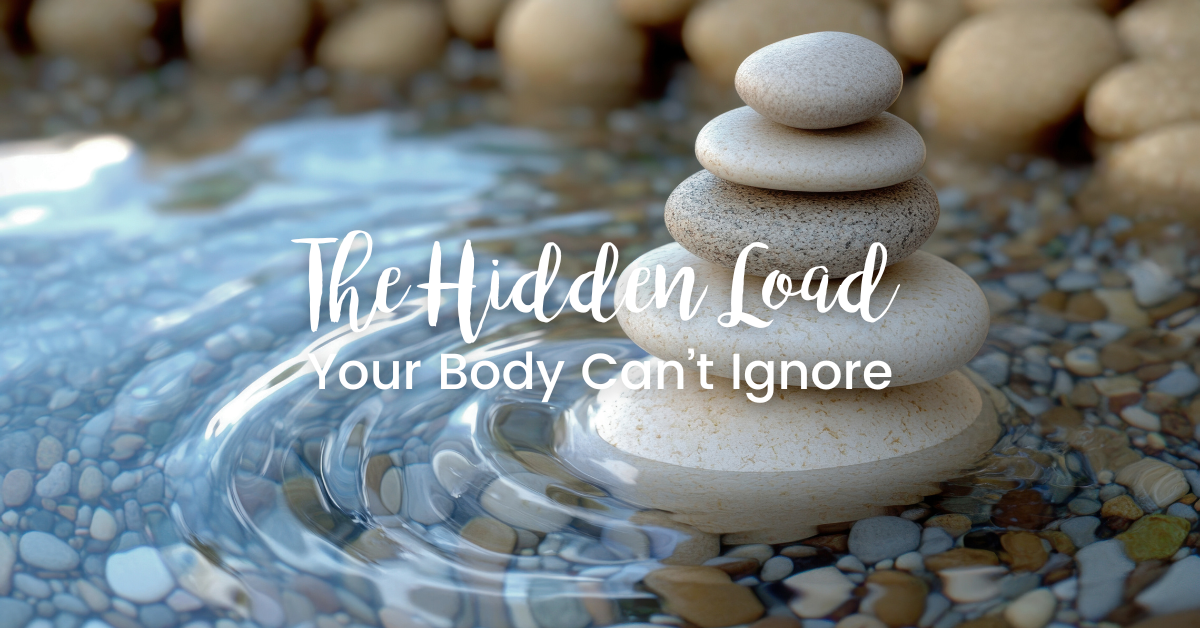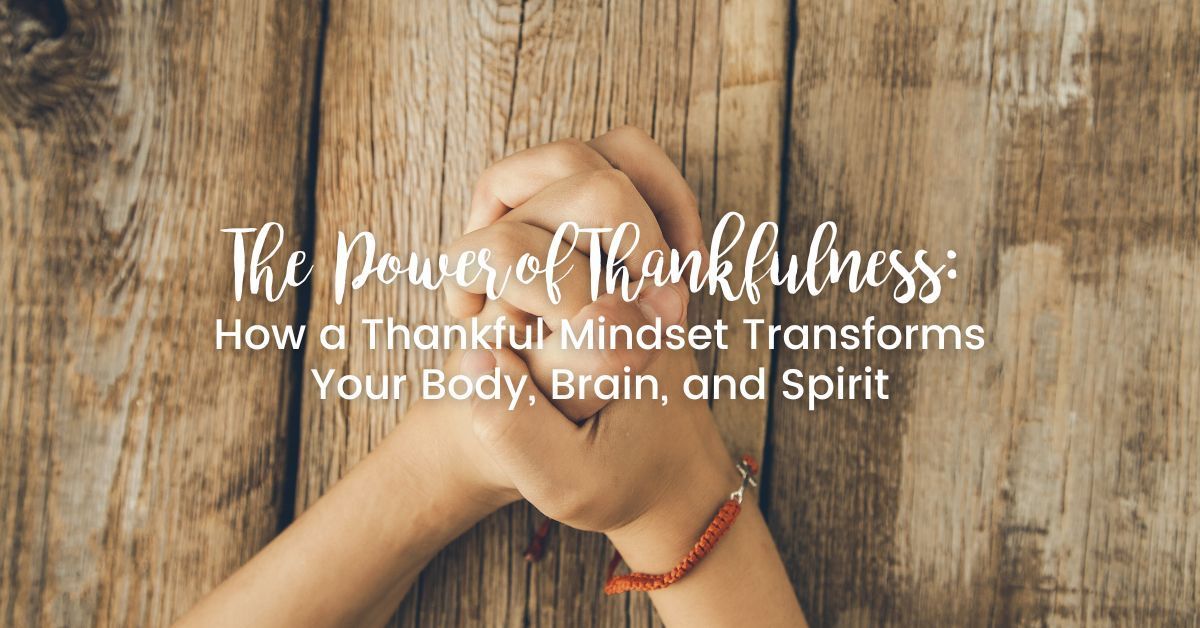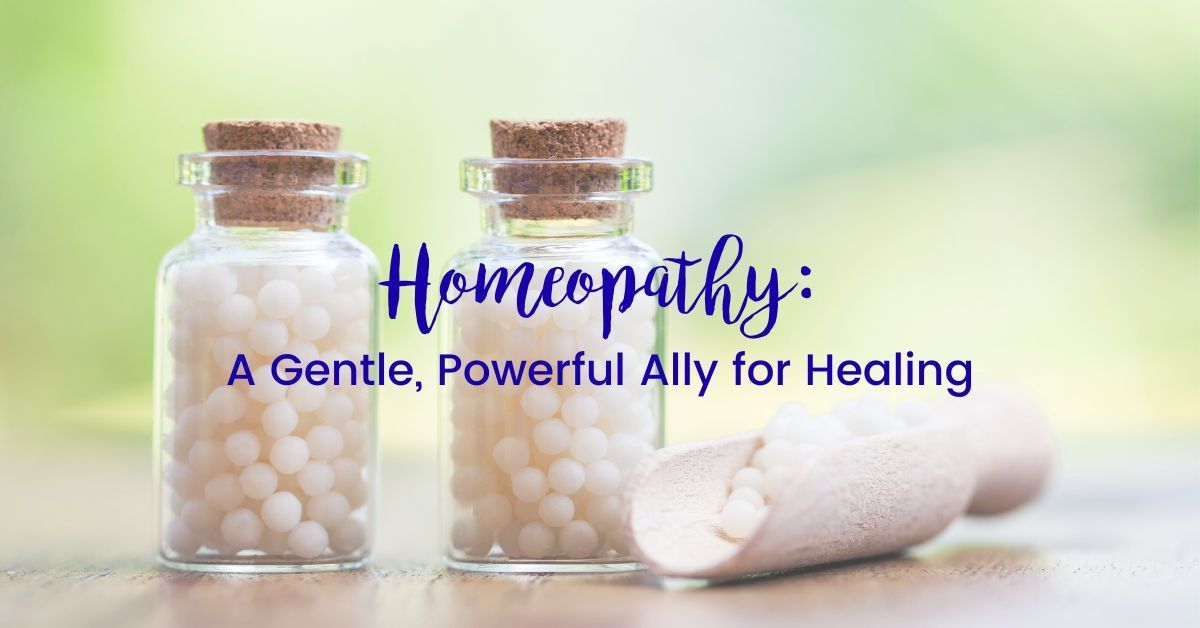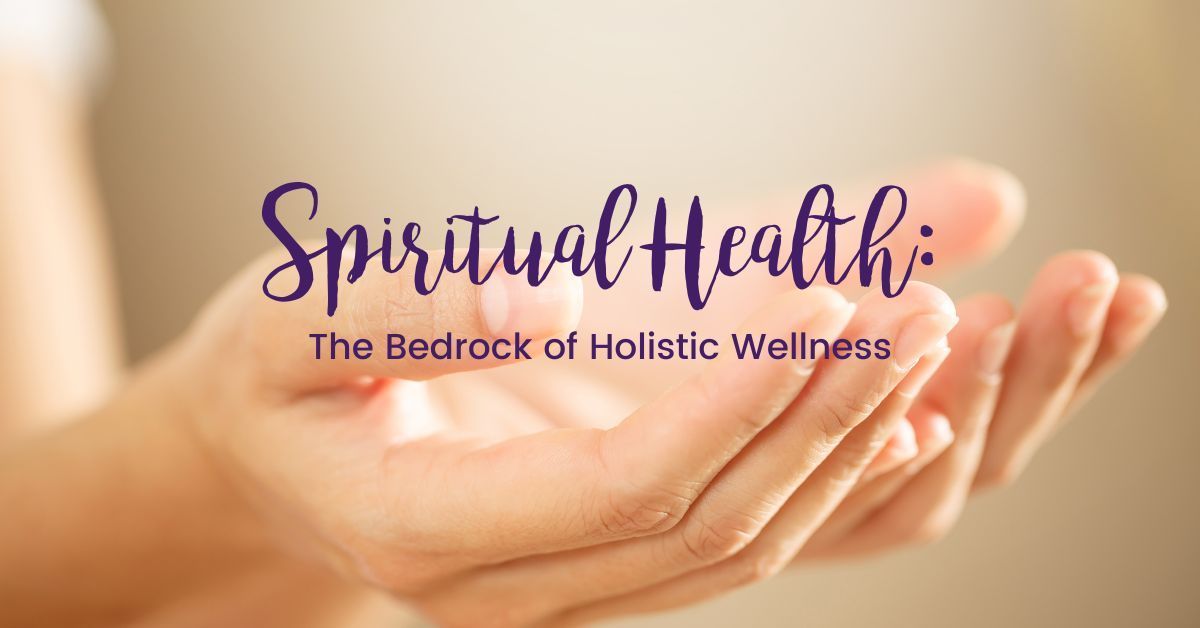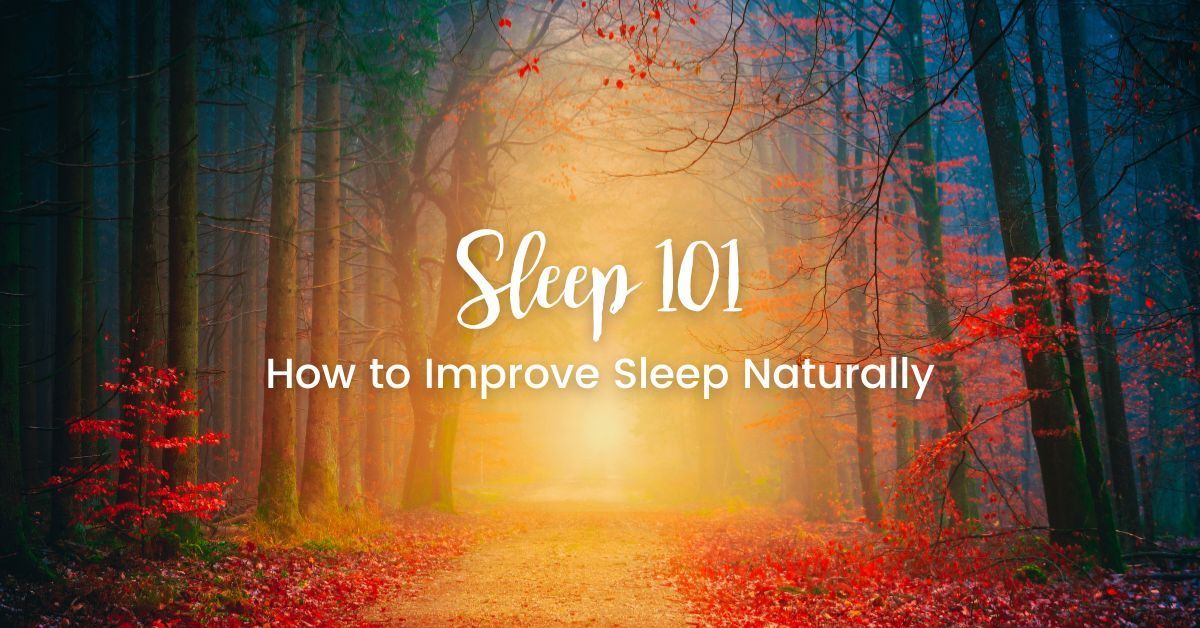
Sleep 101: Countdown to Great Sleep!
by Dr. Kari Barron
Why Sleep Matters More Than You Think
Did you sleep well last night?
If not, you’re not alone. Over
60 million Americans struggle with chronic sleep disorders, and the effects ripple through every system of the body.
Lack of sleep isn’t just about feeling tired—it affects every organ and function:
- Pancreas: increases diabetes risk
- Cardiovascular system: raises blood pressure and stroke risk
- Muscles: slows reaction time and causes aches
- Digestive system: contributes to leaky gut and poor digestion
- Nervous system: triggers irritability, anxiety, brain fog, and memory lapses
Insufficient sleep also raises risks of cancer, obesity, accelerated aging, and hormone imbalance. It’s no wonder your body feels “off” when you don’t rest.
How Much Sleep Do You Really Need?
Most adults function best on
7–9 hours per night.
Teens and children need more:
- Teens: 8–10 hours
- School-age kids: 10–13 hours
- Toddlers: 11–14 hours
- Infants: 14–17 hours
If you have a teen or young adult at home, remind them that sleep is a key part of achieving their goals—body, brain, and spirit all depend on it.
What Happens While You Sleep
While you rest, your body regenerates, repairs, and detoxifies.
Sleep strengthens the
immune system, consolidates
memories, and balances
hormones.
When you don’t get enough sleep, emotions, hormones, and energy all suffer.
“For as he thinks within himself, so he is.” — Proverbs 23:7
Your thoughts and emotions are directly tied to your physical health—and that includes rest.
The Chinese Body Clock Connection
According to the Chinese body clock, each organ has a time of night for detox and renewal:
- 9–11 p.m. – Endocrine system: hormone balancing
- 11 p.m.–1 a.m. – Gallbladder: fat metabolism and digestion
- 1–3 a.m. – Liver: detoxification and blood cleansing
- 3–5 a.m. – Lungs: oxygenation and grief processing
- 5–7 a.m. – Large intestine: elimination
If you wake up at the same time every night, your body might be signaling which organ system needs extra support.
Countdown to Great Sleep
#5 Set the Stage
Your bedroom should be a sanctuary for sleep and intimacy—nothing else.
- Keep the room cool (63–73°F) and dark
- Eliminate LED and electronic lights—they trick your brain into thinking it’s daytime
- Silence distractions: use earplugs or white noise sparingly
- Keep pets and kids out if they disturb your rest
#4 Live Life Well
Good sleep starts long before bedtime.
- Hydrate well (½ your body weight in ounces of water daily)
- Eat whole, natural food—avoid processed sugars
- Get 20 minutes of movement daily—walking counts!
- Enjoy sunshine and grounding—your circadian rhythm thrives on light and nature
#3 Timing Matters
Consistency is key. Go to bed and wake up at the same times daily.
- Stretch for 5 minutes before bed
- Take short naps (15–20 minutes) if needed after noon and before 4:00 pm
- Avoid caffeine, alcohol, and screens within 2 hours of bedtime
- Don’t schedule hard conversations before bed—your mind needs peace to rest
#2 Natural Sleep Aids
God provided many natural tools to restore rest.
- Essential oils: lavender, peppermint
- Herbal teas: chamomile or lemon balm
- Supplements: magnesium, zinc, or tart cherry juice
- Homeopathic remedies: Coffea cruda or Calms Forte
- Bach Flower Remedies: customized blends that balance emotions naturally
I include a personalized Bach Flower blend for every client in my 6-month program because emotional balance is often the key to physical rest.
#1 Create a Bedtime Routine
Think back to childhood—your body still craves rhythm.
- Take a warm shower or bath
- Listen to calming music or read (preferably paper books)
- Journal or pray, releasing the day to God
- Breathe deeply (4-4-4-4 pattern) to calm your nervous system
- Forgive and let go before bed—Ephesians 4:26-27 reminds us not to “let the sun go down while you are still angry.”
“Finish the day and be done with it… Tomorrow is a new day.” — Ralph Waldo Emerson
Take One Step at a Time
Don’t overhaul everything at once. Small, consistent steps create lasting change.
Choose one or two strategies, try them for a week, and notice how your energy, mood, and focus improve. If you still struggle with sleep, it could be tied to deeper issues like
hormone imbalance, toxin overload, or stress patterns. That’s where the
Root Cause Landscape Blood Panel can help.
It’s not just information—it’s a roadmap to understand why your body isn’t healing or resting well.
👉 Learn more about the Root Cause Landscape Blood Test and see if it’s right for you. No purchase required—just clarity and hope.
May God bless you with deep, restorative sleep and peaceful nights. Your body is designed to heal—when we remove the blocks and give it what it needs.
DISCLAIMER: This information is for educational purposes and not intended as medical advice.
